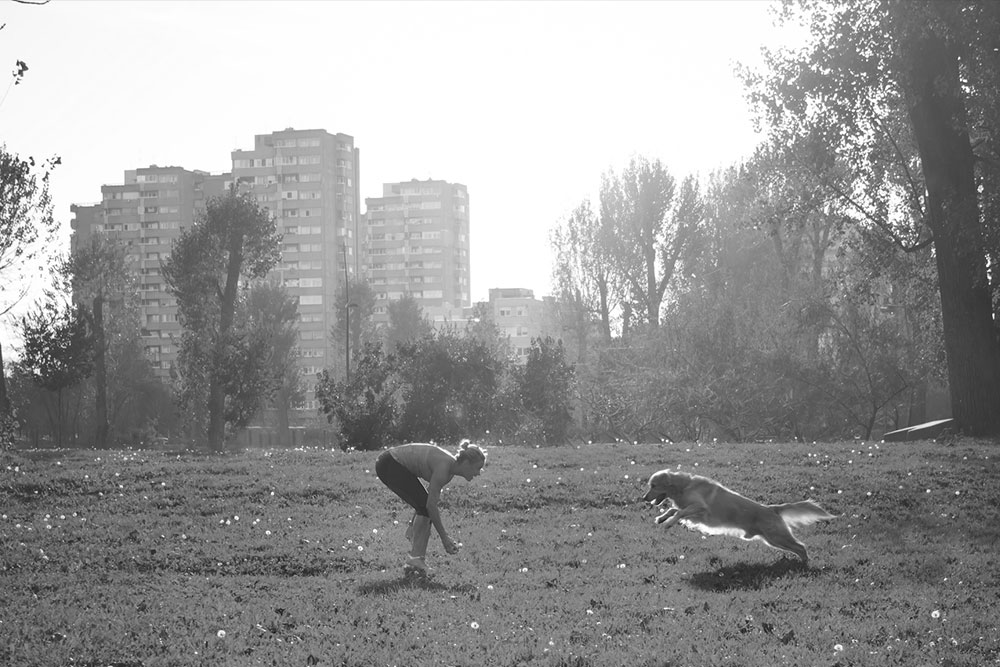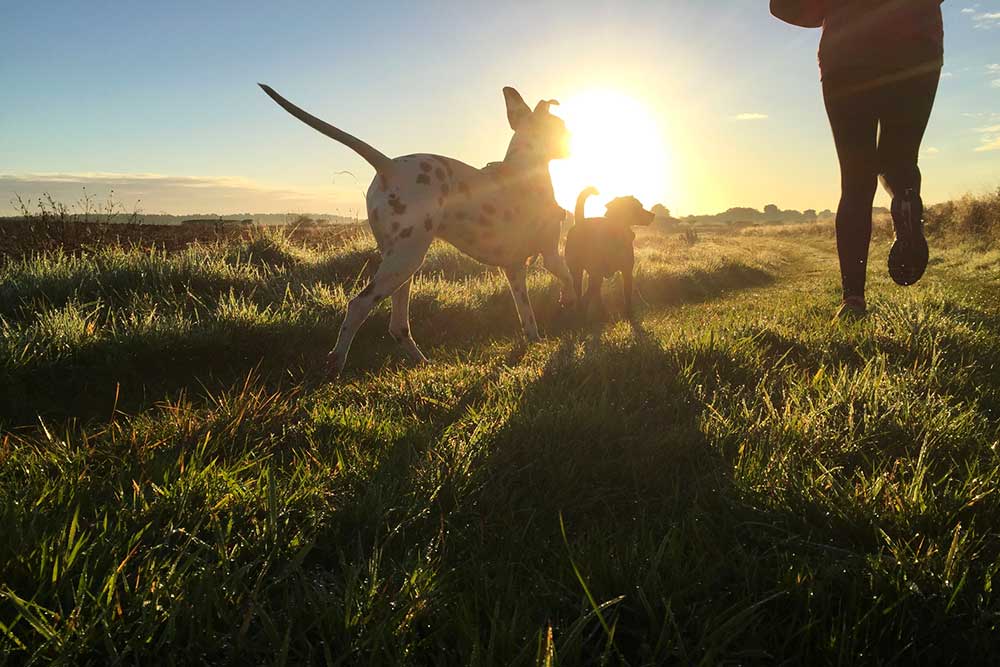Exercise-Induced Increases in Brain Size
Julia Basso – PhD Carbon dating in the human brain: Implications for exercise-induced increases in brain size Do you ever wonder why scientists use animal models? Are you skeptical of findings in rodents and find it difficult to understand the importance of these discoveries for humans? If so, that is a totally






